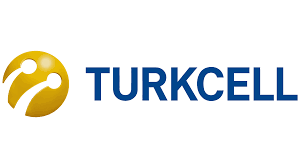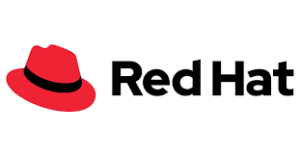Red Hat, Inc., the world’s leading provider of open source solutions, announced that Turkcell, a leading converged telecommunication and technology services provider, has built its new artificial intelligence (AI) services architecture and application hub on Red Hat OpenShift, the industry’s leading enterprise Kubernetes platform. This has helped Turkcell to transform customer experiences, drive operational efficiencies and bring a greater diversity of consumer and business innovations to market faster.
Marketing Technology News: Extreme Reach To Acquire Adstream, Creating First Independent Global Platform for Marketers That…
Operating within Turkey and internationally, Turkcell currently serves close to 48 million customers with a wide range of communications and digital services offerings. AI has been integral to Turkcell’s strategic vision for many years, covering areas such as computer vision, natural language processing and intelligent automation. As AI technologies become increasingly accessible thanks to advancements in the field and in cloud-native application development, Turkcell set out to build a flexible, more secure cloud platform to accelerate AI and associated intelligent applications delivery.
Already a Red Hat customer of more than ten years, Turkcell chose Red Hat OpenShift as a reliable, resilient and scalable hybrid cloud foundation to power its container-based AI development, including integrations with JupyterLab and Nvidia GPUs. OpenShift gave Turkcell the ability to develop and deploy applications both in the public cloud and on-premises where necessary to comply with data regulation. Red Hat OpenShift provides a more consistent, self-service experience for data scientists and application developers, wherever they are in the Turkcell business, and enables non-technical staff to access AI capabilities. As part of its work with OpenShift, Turkcell launched its AI Hub on the platform, from which it can offer AI innovations as-a-service to enterprises, helping to create new revenue opportunities.
Turkcell is now running around 50 different services on the OpenShift-based platform to support a diverse range of AI-powered use cases.
Marketing Technology News: New Benchmarking Tool Released To Improve Marketing Results
These include:
- Digital onboarding for new customers, an essential requirement during the ongoing COVID-19 pandemic, as consumers may not be able to visit retail shops. Automated through AI, Turkcell uses computer vision technology and optical character recognition (OCR) technology to validate subscriber profile information and credentials.
- Social good and charity awareness, such as in Turkcell’s recent ‘Spread the Smile’ campaign in which people’s smiles triggered food donations to an animal shelter in Istanbul, using AI to analyze photos shared by 310,000 people via a Turkcell app.
- The Fizy music streaming service, which applies emotion detection to user-submitted selfie photos to suggest songs that match their mood.
- Text-to-speech conversion to deliver commercial audio and smart voice assistant services, as well as support a visual application that helps children with autism to better communicate by tapping images that are then converted into speech.
- Content storage and analytics as a component of Turkcell’s Lifebox service, which helps automatically select user photos for upload to their social media accounts by assessing their potential for audience engagement.
- Chatbot software that Turkcell uses for its own customer-facing applications, as well as making it available as a commercial product to business customers.
- Fraud detection platform ‘Foya’ hosts capabilities that can detect fraudulent cases and instances using AI models. For example, it is used to detect fraudulent identity documentation, such as passports, user speech identification and deep fake videos as part of its digital onboarding process.
With its scalable AI platform architecture, use of microservices and adoption of agile practices including DevSecOps, Turkcell has been able to accelerate its application lifecycle, including speeding up development and deployment of AI and machine learning (ML) models. Turkcell can now bring new digital services to market in roughly half the time it could with a monolithic architecture. Turkcell is generating operational efficiencies, helping it achieve cost savings of up to 70% by consolidating AI workloads on containers and Kubernetes. Because OpenShift provides a common platform accessible from anywhere in the organization, Turkcell has been able to empower data scientists across teams to benefit from AI capabilities and spur innovation in diverse areas.













